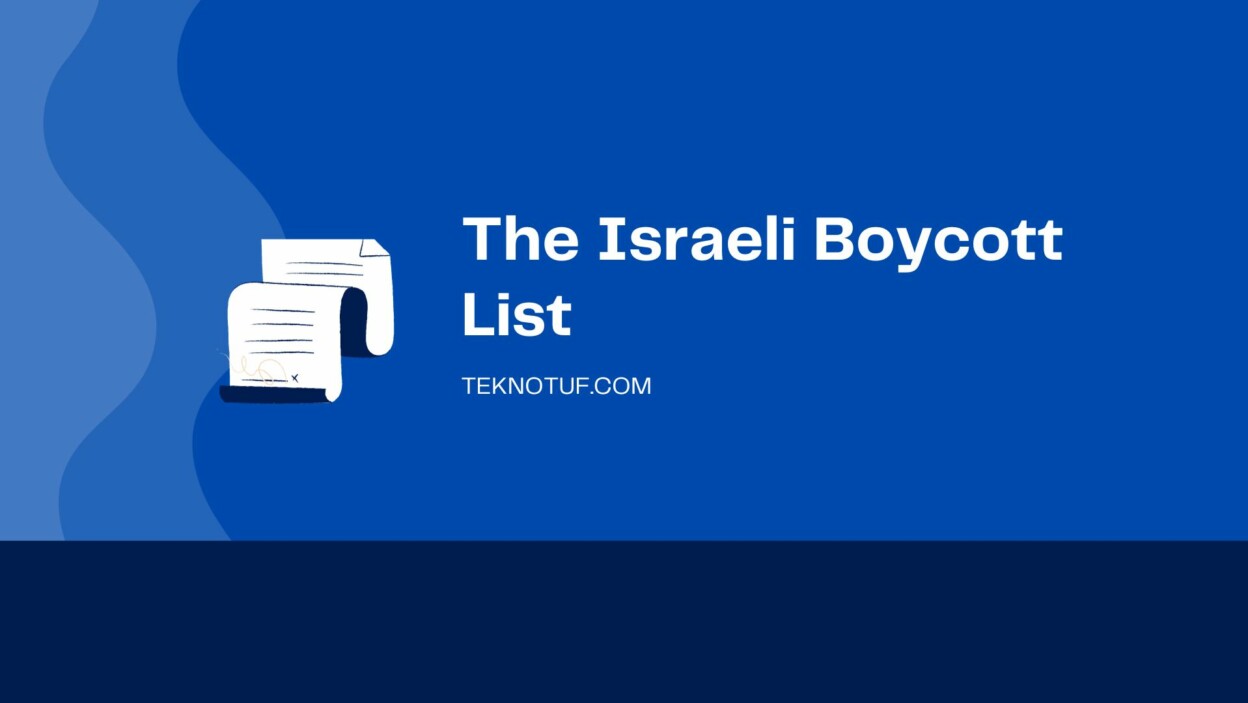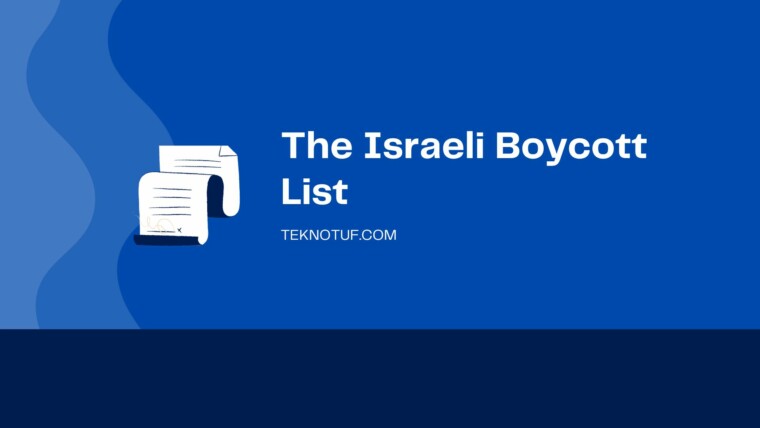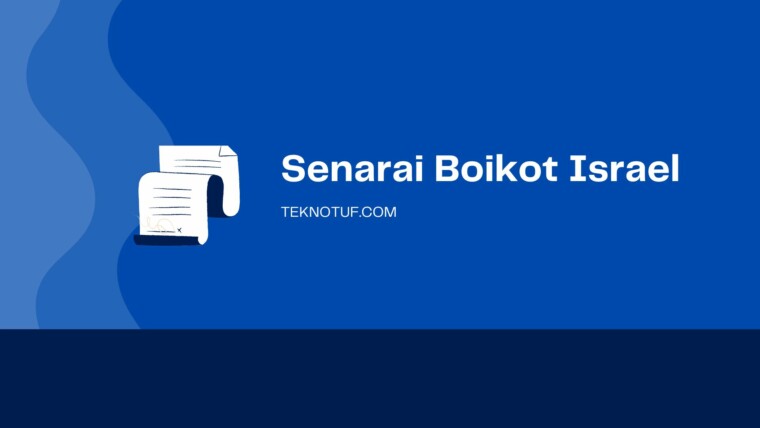The cloud hosting industry has witnessed a series of contentious connections with Israel, stirring debates amid the escalating tensions between Palestine and Israel. Multiple top-tier companies like Elementor, Microsoft Azure, Akamai Tech., IBM Cloud, Alibaba Cloud, Huawei Cloud, Google Cloud, and Oracle Cloud face intense scrutiny due to their extensive involvements in Israel’s technological landscape.
These involvements range from strategic acquisitions, substantial investments, establishment of infrastructures, to vocal affirmations of support during conflict periods. As these companies navigate their positions within Israel, ethical concerns and shareholder influences add complexity to their engagements, prompting crucial ethical evaluations amidst the ongoing Israel-Palestine conflict.
Daftar isi:
1. Elementor
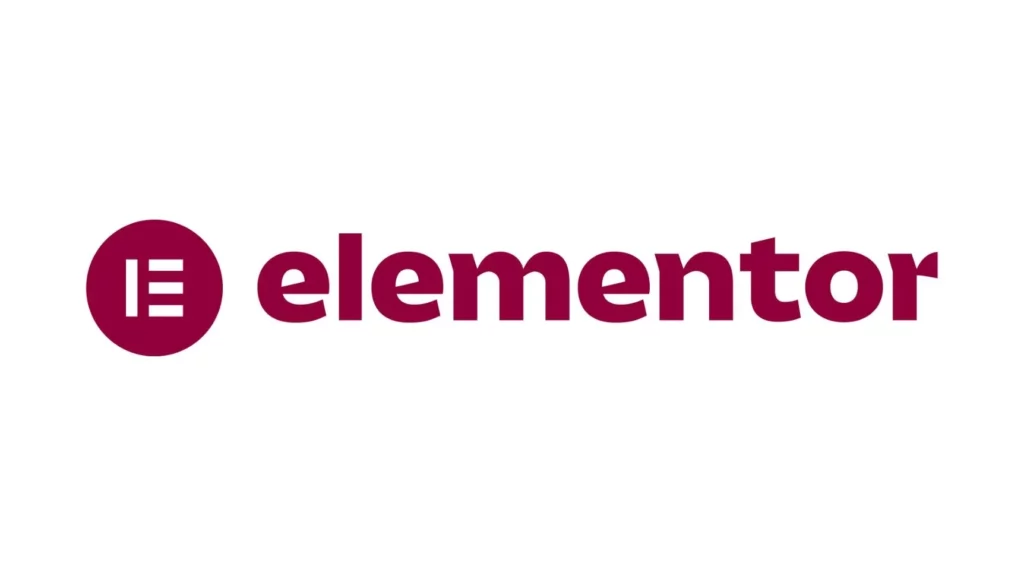
Elementor, an Israeli software giant famed for its WordPress website builder, faces intense scrutiny amid the Israel-Palestine conflict. Operating within Israel’s tech realm, its acquisitions and strong support for Israel during conflict periods spark ethical debates. Elementor’s strategic investments, including the significant acquisition of Strattic, an Israeli web solutions provider, raise questions about its ethical stance amid geopolitical tensions. Transparency in Elementor’s ties with Israel remains crucial amid ongoing ethical evaluations.
2. Microsoft Azure
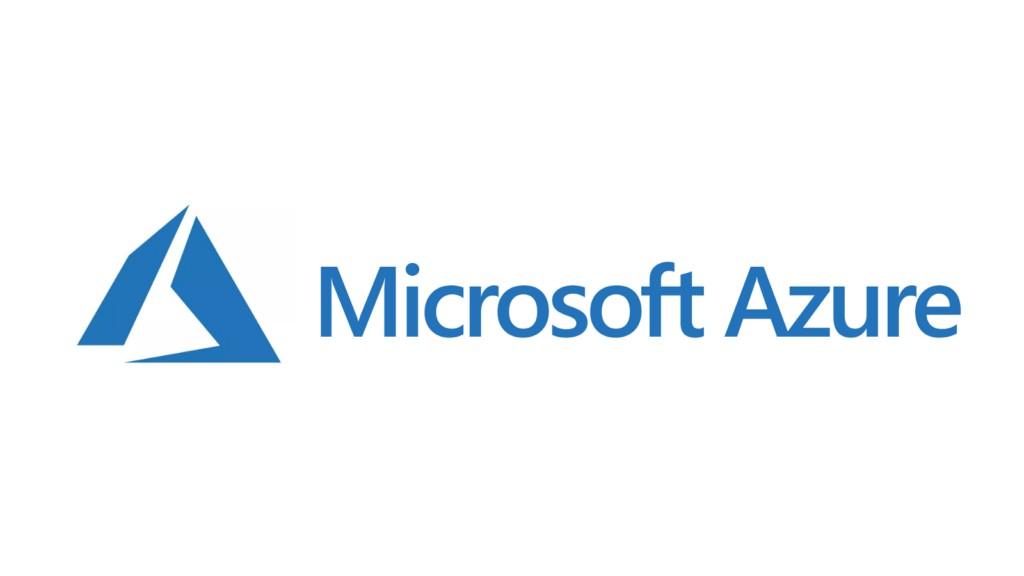
Microsoft Azure, a major player in cloud computing, is deeply enmeshed in Israel’s landscape, triggering ethical concerns amid its pivotal business role. The establishment of Israel’s first Cloud Datacenter Region in 2023, following a 2020 announcement, symbolizes a substantial investment. However, ethical uncertainties arise due to its connections with Israeli military and settlements.
Microsoft’s Israeli subsidiary’s close collaboration with the military, notably through the “Al Munaseq” app powered by Microsoft Azure for increased surveillance in occupied territories, raises serious privacy and human rights concerns. The intricate relationship between Microsoft Azure and Israel underscores the ethical complexity of technological advancements intertwined with controversial collaborations, demanding critical scrutiny of the company’s involvements amidst regional conflicts.
3. Akamai Tech.
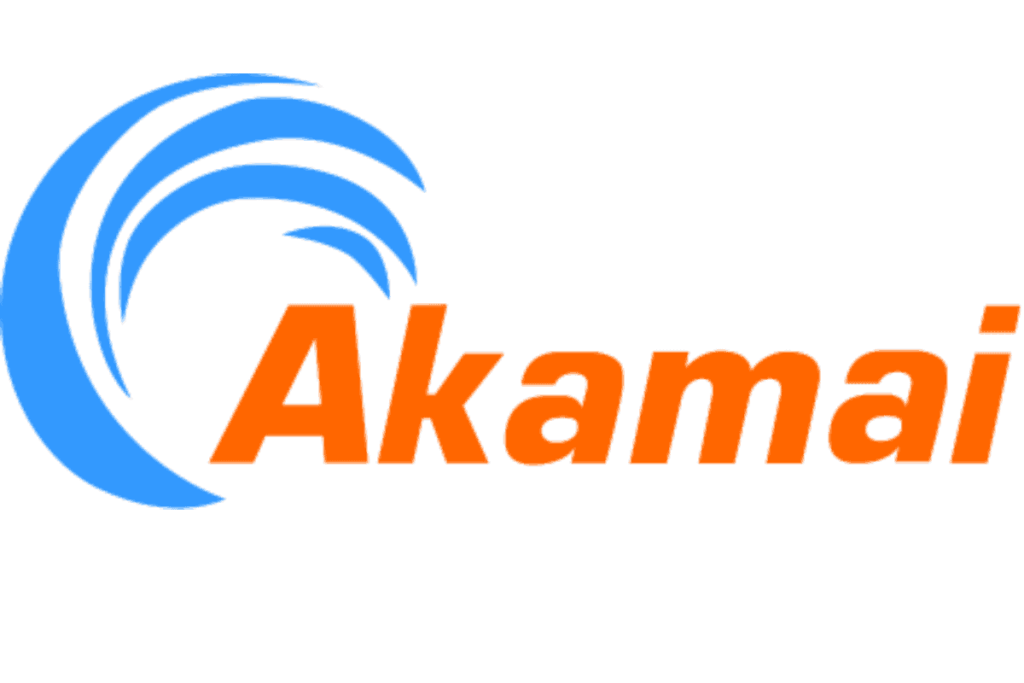
Akamai Technologies, an American company known for its content delivery networks and cybersecurity services, faces scrutiny over its connections to Israel, casting doubts on its claimed neutrality. Despite stating impartiality, Akamai’s public support for Israel during turbulent times and its recent $600 million acquisition of Guardicore, an Israeli cybersecurity firm, raise concerns. Examining major shareholders like The Vanguard Group, Inc. and BlackRock Fund Advisors also reveals significant ties to Israel. These actions challenge Akamai’s professed neutrality, inviting closer examination of its allegiances amid global conflicts.
4. IBM Cloud
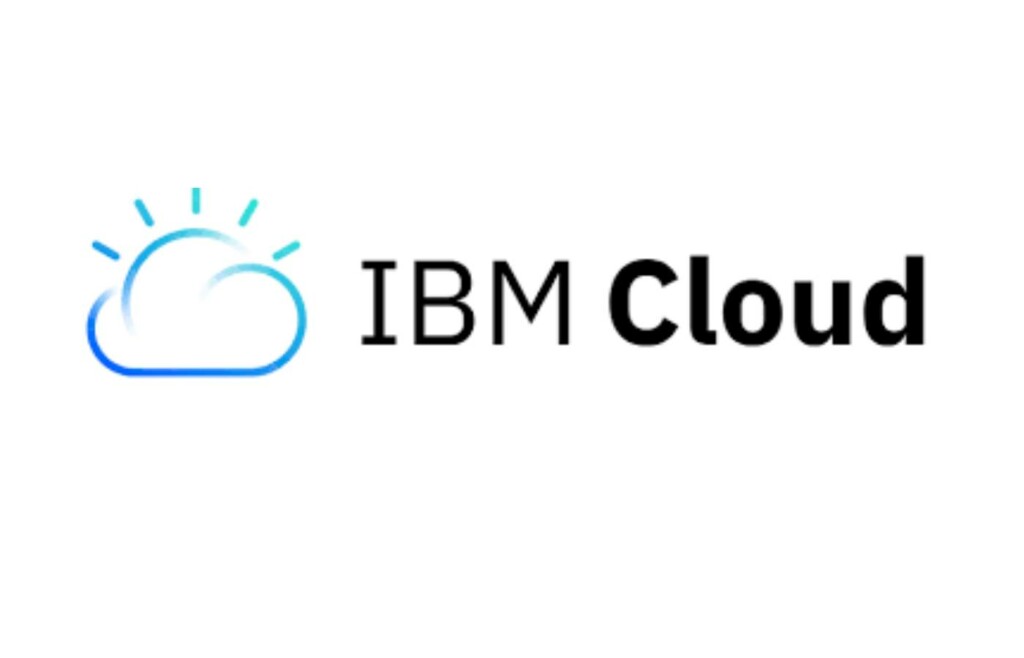
IBM Cloud, formerly Bluemix, serves as IBM’s cloud computing suite designed for businesses. Amid the Israel-Palestine conflict, the connection between IBM Cloud and Israel emerges as a complex landscape contradicting IBM’s outward portrayal. IBM’s engagement with Israel traces back to 1972 with the establishment of the IBM Israel Scientific Center, now housing over 1000 employees across multiple Israeli hubs.
Notably, the Haifa Research Lab, IBM’s prominent R&D center outside the US, focuses on cloud computing and healthcare technologies. IBM’s $60 million acquisition of Polar Security, an Israeli cyber tech startup, signifies a deep integration into Israel’s tech ventures. This involvement challenges IBM Cloud’s perceived neutrality, prompting questions about its alignment with Israeli interests amid the ongoing complexity of the Israel-Palestine conflict.
Check Out: Apple TV and Israel: Unveiling Alleged Supportive Connections
5. Alibaba Cloud
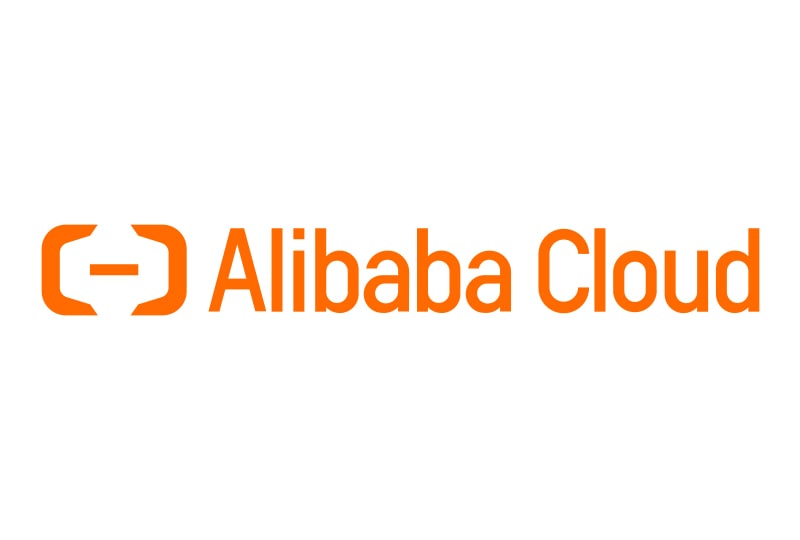
Alibaba Cloud’s recent entry into Israel’s tech realm sparks debates over its motives amid the Israel-Palestine conflict. Partnering with Sela, Alibaba Cloud offers services to Israeli businesses, yet questions arise about its intentions in such a politically charged landscape. Shareholder ties between Alibaba Group Holding Ltd and entities connected to Israel, like Goldman Sachs and JPMorgan Securities, complicate its entrance. As Alibaba Cloud considers establishing a larger infrastructure, concerns mount about the alignment of corporate interests and geopolitical complexities. This move raises ethical and political considerations about multinational corporations navigating global conflicts.
6. Huawei Cloud
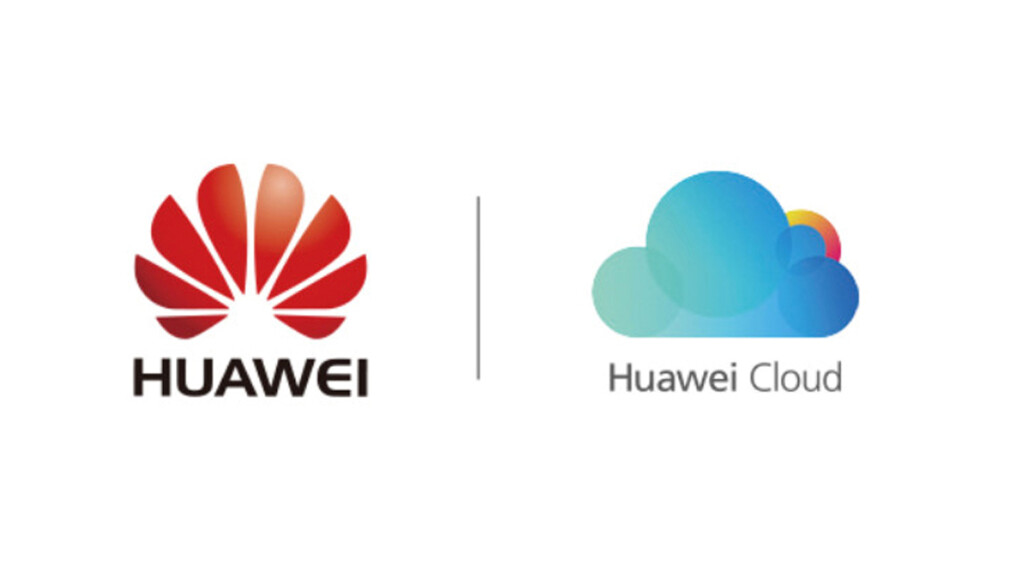
Amid escalating concerns over the Israel-Palestine conflict, Huawei Cloud’s association with Israel undergoes scrutiny. Huawei’s AI advancements, notably its Enterprise Intelligence (EI) services optimizing local enterprises’ warehouse systems, raise questions about implications in a politically charged climate. Despite US blacklisting, Huawei persists in Israel through Toga Networks, employing around 500 researchers, sparking concerns about knowledge extraction amid geopolitical tensions. This intricate involvement in Israel’s tech landscape prompts crucial debates about Huawei’s intentions amidst this contentious backdrop, highlighting ethical and geopolitical complexities.
7. Google Cloud

Google Cloud Platform’s (GCP) recent developments in Israel have stirred controversy, turning its association with the country into an ethical battleground. While the inauguration of a new Google Cloud region in Tel Aviv aimed at fostering tech innovation and aiding local startups, it has sparked ethical concerns and dissent among employees. The contentious $1.2 billion “Project Nimbus” contract with the Israeli government has faced vehement opposition, with accusations of supporting contentious policies and an apartheid state.
Despite Google’s goals for economic growth in Israel, dissent prevails among employees and societal groups, citing moral misgivings. Additionally, scrutiny of major shareholders like The Vanguard Group, Inc. and BlackRock Fund Advisors reveals intertwined investments with Google’s actions in Israel, adding complexity to its ethical landscape. Google Cloud’s expansion in Israel navigates a challenging path between business objectives and ethical fallout, as shareholders exert influence and internal dissent grows, putting the company at a critical crossroads.
8. Oracle Cloud
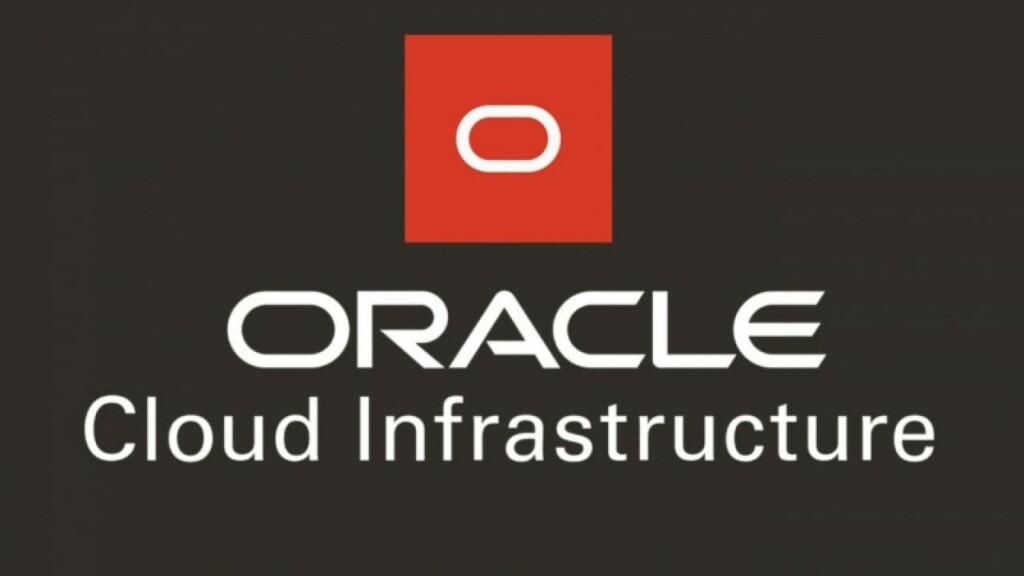
Amid heightened tensions between Palestine and Israel, Oracle Cloud’s recent establishment of an underground cloud region in Jerusalem has sparked heated debates. Oracle’s move, seemingly focused on enhancing security measures, has drawn criticism for potentially prioritizing security over ethical considerations in a conflicted region. Safra Catz, Oracle’s CEO, has staunchly voiced support for Israel, leading to internal rifts within the company.
Additionally, scrutiny of major shareholders like The Vanguard Group, BlackRock Fund Advisors, and JPMorgan Investment Management highlights their significant ties to Israel, suggesting a financial influence on Oracle’s decisions in the region. This intricate financial interplay and strategic moves in Jerusalem amid ongoing conflict have fueled ethical debates and raised questions about Oracle’s alignment with Israel, adding controversy and ambiguity to its stance.
Read More: Support Israel Allegations Surrounding MacBook: A Deep Dive
The cloud hosting giants’ deepening ties with Israel have raised substantial ethical concerns and sparked contentious debates within and outside these companies. From strategic investments to infrastructure establishment, the actions of Elementor, Microsoft Azure, Akamai Tech., IBM Cloud, Alibaba Cloud, Huawei Cloud, Google Cloud, and Oracle Cloud have come under intense scrutiny.
The prioritization of security measures over ethical considerations, public affirmations of support, and intricate financial connections with major shareholders linked to Israel have added layers of ambiguity and controversy to these companies’ stances. As they grapple with internal dissent, external criticism, and ethical quandaries, their alignments with Israel during such contentious times remain shrouded in skepticism and ethical ambiguity, drawing negative attention and extensive scrutiny.

